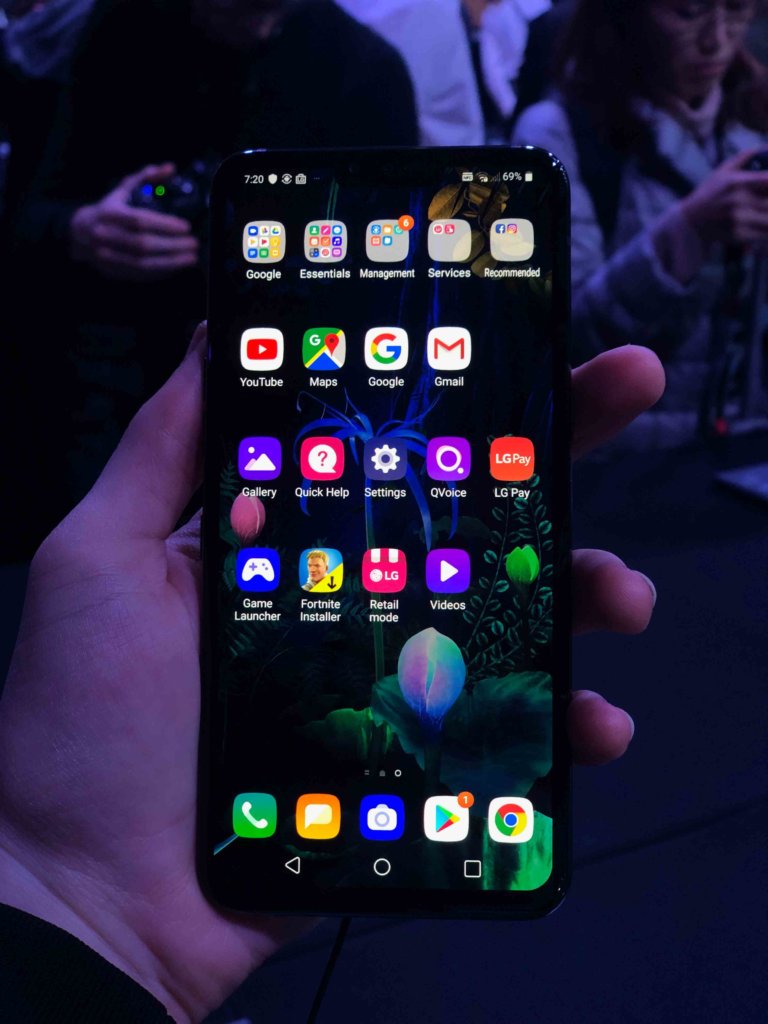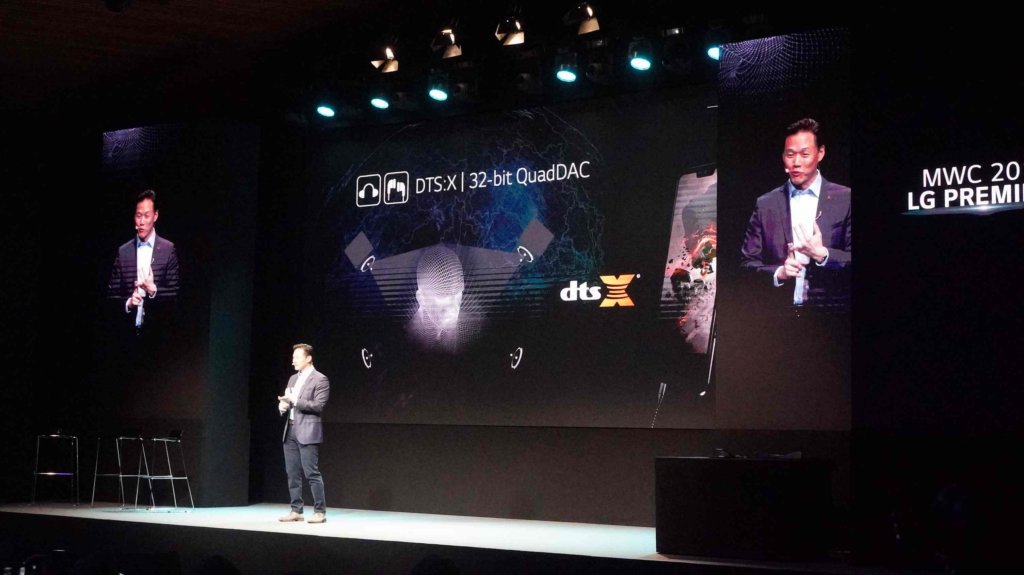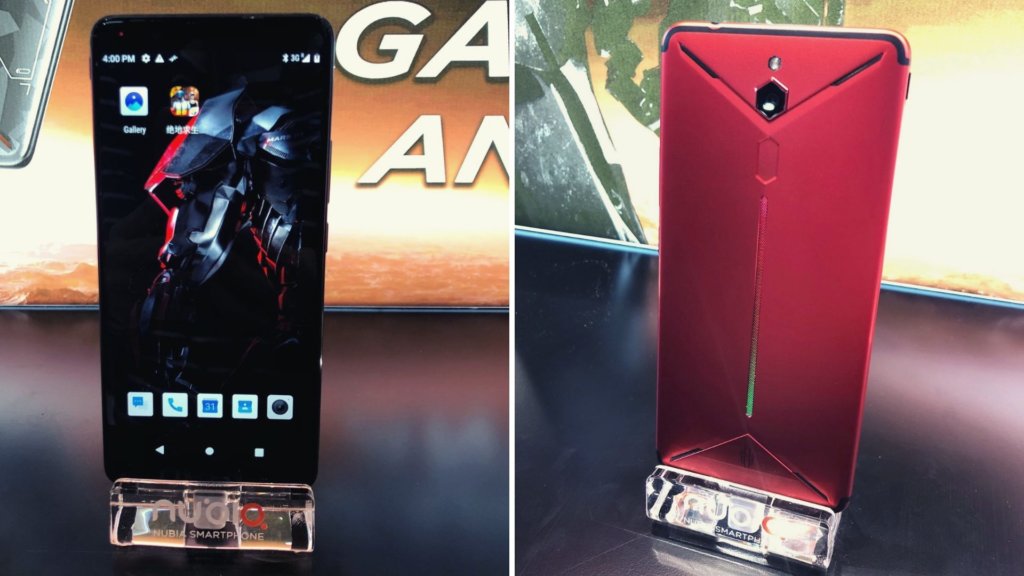If there’s one thing you understand from attending mobile tech shows like Mobile World Congress, is how saturated the mobile market really is. There’s hardly room for differentiation at hardware level or even at design level anymore; just look how companies are copying from each other (pop-up cameras popping everywhere) or tweaking popular recipes (upper notch – teardrop – punch hole notch)! So, we talked to Xperi‘s Darragh Ballesty, VP of Mobile Products, about the options tech companies have at this point to really make a difference. Spoiler: it comes down to gaming and sound.
From the get-go, Darragh confirmed what all of us felt in the last couple of years: established mobile OEMs are delving more and more into specialized markets, betting on software differentiation. LG, for example, might have highlighted V50’s 5G capabilities at MWC 2019, but it also made sure the device was well-suited for gaming. Similarly, LG G8 ThinQ was praised for its camera skills, but the company offered a second OLED screen to go with it as game controller.

More importantly, both boast an exclusive version of DTS:X, according to Ballesty: “We worked with them to deliver enhanced bass, dialogue enhancement and immersion.”
LG is not the only company rethinking their product and marketing strategy to target gamers. Asus, Nubia, Vivo are doing the same thing and working with DTS along the way. Why? The answer can be found in the numbers.
“Over 40% of all gaming headphones choose to use our technology”
“PC gaming is a 30 billion dollar industry, [whereas] mobile gaming in 2018 was a 60 billion dollar industry. 40% of game developers today are also developing directly for mobile games”, argued Darragh.

How are gaming smartphones taking the lead? They’re doing it through next-gen processors, graphic cards and sound: “Mobile games are evolving from really simple ones like Tetris […] to Angry Birds, where people don’t turn on the sound, to console-quality games like Fortnite. We’re seeing people trying to create – for action and shooter games, particularly – a competitive difference through sound.”
“Xperi is all about passion for audio, imaging, driver monitoring systems or smart home, we’re a bunch of engineers who are trying to design what’s next”
Gamers want to have the whole experience. They started with PC gaming, went to console and now want to take that perfect experience on the road. Especially when it comes to PvP games, as Darragh explains: “If we are playing each other I don’t want you to have a competitive advantage over PC.”
The visuals on mobile have to be as sharp and latency-free as on the other platforms, and the sound, as immersive. Xperi calls it getting the ABC of immersion: “I wanna make sure the sound can come from above, from below and close to me.”

With 20 years of experience and DTS software in 40% of all gaming headphones, it’s no wonder they are now teaming up with key mobile manufacturers to offer on smartphones the same immersive sound a gamer gets at their gaming station.
“We’ll be launching our Headphone:X and DTS:X Ultra speaker solutions for both PC and Xbox”
Game developers play a key role in that equation, so DTS is launching a special program this year, called DTS:X Game Audio. The purpose of the program is to work together with devs to make sure that users “get true, immersive audio from games on a phone that supports DTS.”
Darragh revealed that DTS’ plans for this year are not limited to mobile. Another milestone for the company is in the form of a partnership with Microsoft. Their Headphone:X and DTS:X Ultra speaker solution are coming to both PC and Xbox.
(above, a sample of how DTS Headphone:X sound like )
What’s in the cards for DTS and Xperi? Bringing DTS to more titles, exploring new content ecosystems for gaming and… solving problems, as only passionate engineers can:
“People [will keep] pushing the barriers with raw speaker design and making that better. We deliver low power solutions that help people when they’re using Bluetooth and wireless speakers. That problem is not gonna go away, we’re going to work on that.”
Follow TechTheLead on Google News to get the news first.




